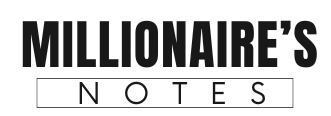When a company list their shares in the stock market, to be available for the public to purchase, it is called Initial Public Offering (IPO). There’s a set price when the shares are first offered to the public and based on its popularity there could be high demand which could push its price higher during its first day. Some day traders will capitalize on this movement and buy the shares and sell it quickly when they have achieved their desired profitability. If the initial price of the company shares is deemed too high by the public and investment institutions then the demand will be low which could make the price to go down.
As I mentioned in my previous notes, day trading is gambling so my advice is don’t buy IPO for the purpose of making quick money. If you are buying a company’s shares during its IPO, you have to look at its long term prospect and if you are convinced that company has a good future then that is a good reason to buy. Always remember though, that buying IPO is buying individual stocks so the risk is quite high. I rarely buy an IPO, it’s only when I really like the company and I make sure that I put less than 1% of my total portfolio.
If you do some research, you will find companies that have their share price increasing after their IPO and you will also find those that went down. You may also meet or read about people who claim that they made money from buying IPOs but those are just that turned out positively. There’s always those who lost money and you will seldom hear about them. It’s very common to hear about success stories due to survivorship bias which i will discuss in my next note.
